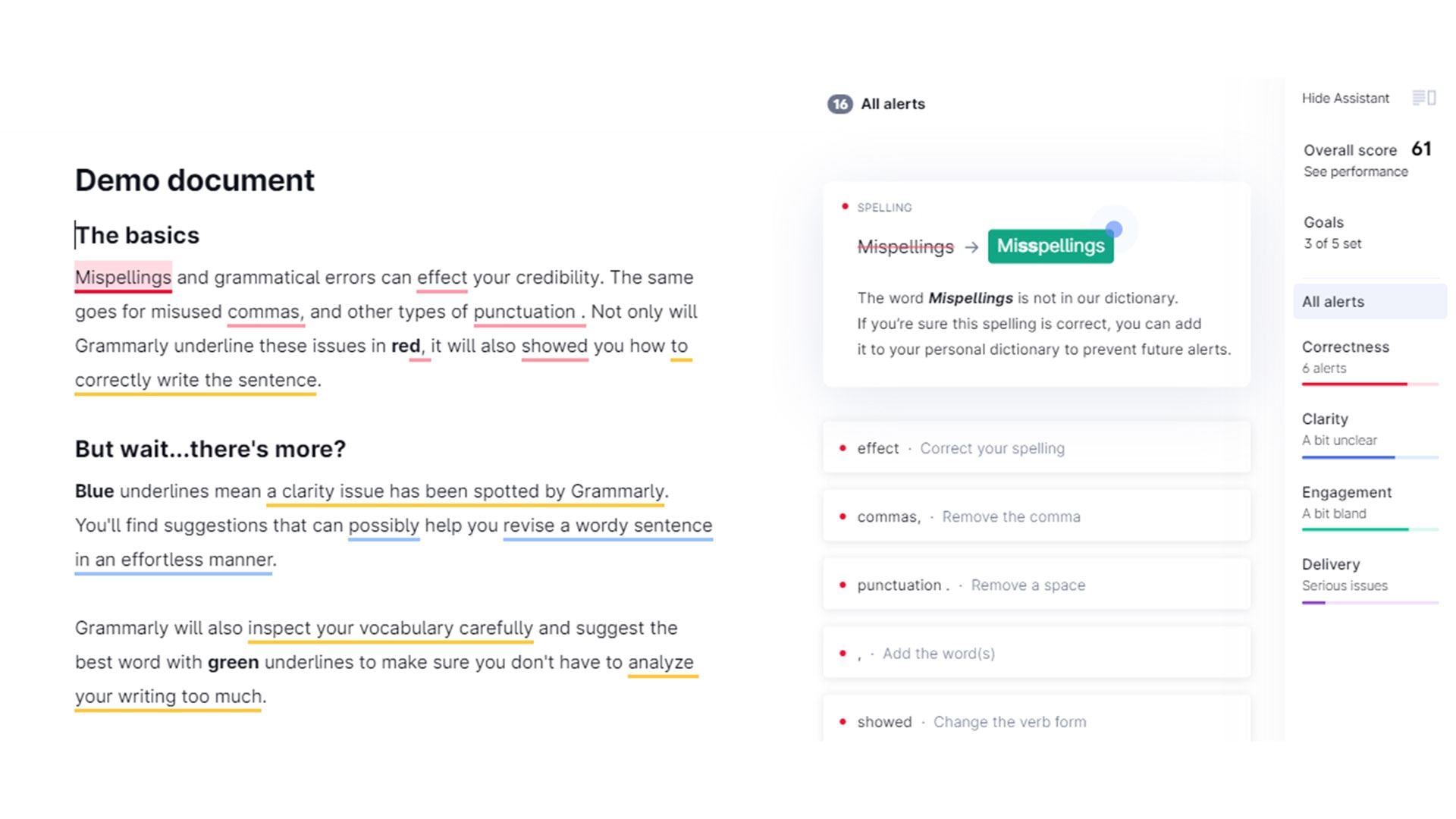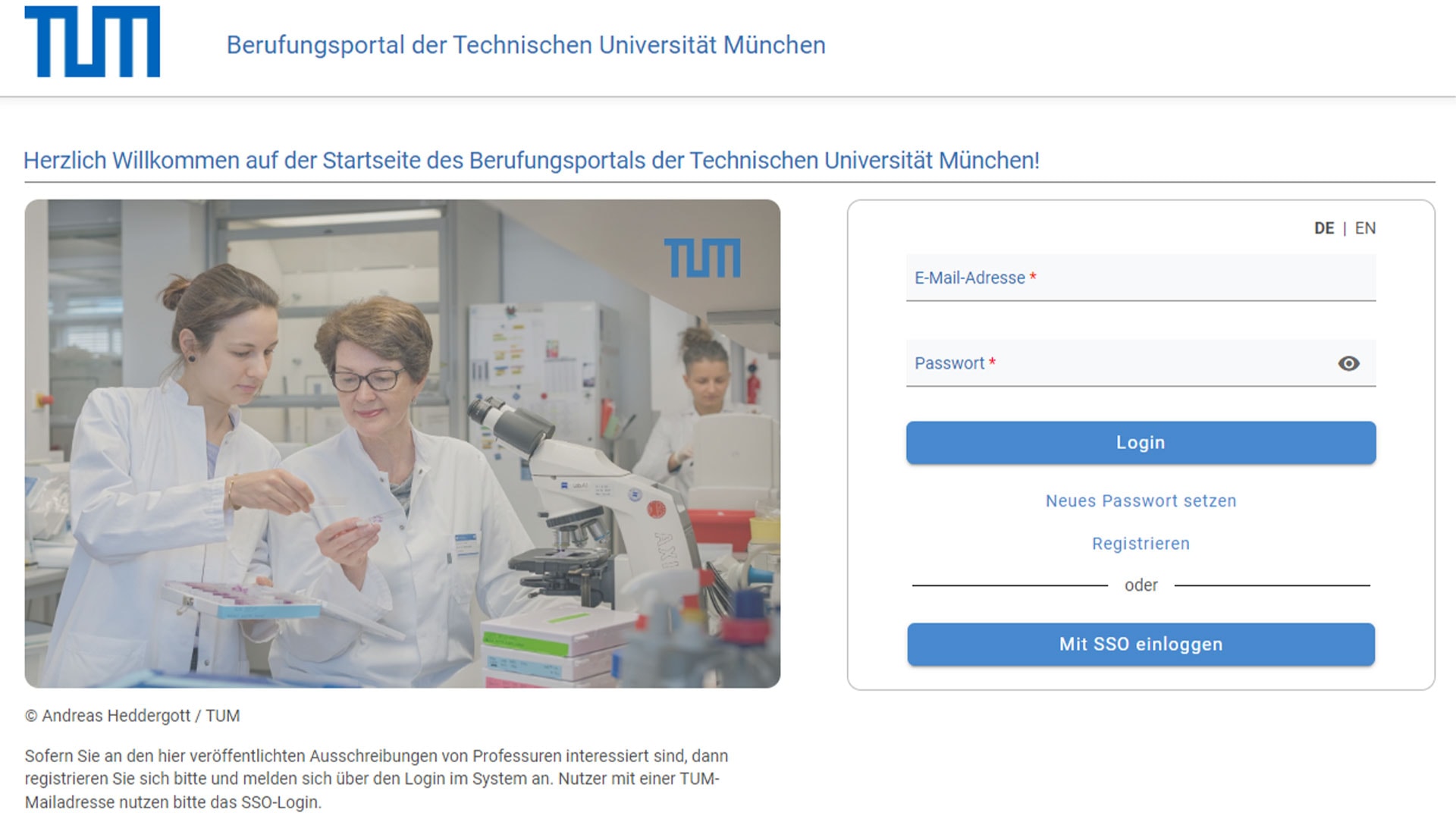Research and Innovation
Centralized HPC Infrastructure
Comprehensive Assessment
We continuously conduct a thorough assessment of the research computing needs across various disciplines, identifying areas that heavily rely on CPU, GPU, and storage resources.
Robust HPC Cluster
We will invest in a centralized HPC cluster at our Leibniz Supercomputing Centre (LRZ), which is equipped with high-performance CPUs, GPUs, and ample memory capable of handling demanding computations required by our researchers.
Scalability, Flexibility, and Cloud resources
The HPC infrastructure will accommodate future growth, ensuring scalability and adaptability to evolving research requirements. This also includes the transition from HPC systems to cloud technologies, where we explore additional Hyperscalers resources.
Tiered Structure
In addition to the centralized HPC infrastructure, we will maintain existing compute infrastructure on a school, departmental, and project level to facilitate immediate small to medium-scale computations and to address specific requirements of individual research projects.
By embracing this strategy, we will create a research ecosystem that centralizes HPC resources, optimizes GPU utilization, and establishes robust research data management practices. Together, let us drive groundbreaking discoveries, advance knowledge, and make a lasting impact in our respective fields.


Dr.-Ing. Alexander Braun
GPU Computing and Optimization
GPU Provisioning
The centralized HPC cluster will include dedicated GPU resources, allowing researchers to harness the power of GPU acceleration for computationally intensive tasks.
GPU Software and Libraries
We will ensure the availability of GPU-specific software, frameworks, and libraries to support researchers in effectively utilizing GPUs, including CUDA, TensorFlow, and other GPU-accelerated technologies.
Optimization Assistance
We will provide guidance and optimization support to researchers, enabling them to leverage GPUs efficiently and maximize their computational capabilities.
High-Performance Storage
Centralized Storage System
We provide a centralized storage solution. This includes NAS and Sync+Share to store and collaborate on data. At the same time, the Data Science Storage (DSS) offered by LRZ is optimized for high-performance data processing, accommodating the storage needs of large-scale research projects.
Data Backup and Replication
Robust backup and replication mechanisms will be established to ensure data integrity and availability, safeguarding research outcomes from potential hardware failures or disasters.
Data Archival and Preservation
We develop archiving and long-term preservation strategies with ISAR, ensuring that research data is securely stored and accessible for future reference or reuse.
Research Data Management
Data Management Planning
Through the TUM Research Data Hub, we assist researchers in developing comprehensive data management plans (DMPs), addressing data collection, storage, sharing, and preservation by regulatory compliance and ethical guidelines.
Data Sharing and Collaboration
We will facilitate secure and controlled data sharing and collaboration platforms within our university and with external partners, promoting interdisciplinary collaboration and fostering research innovation.
Data Governance and Security
To ensure data integrity and compliance, we will establish data governance frameworks that define ownership, access controls, and security measures, protecting sensitive research data.
Research Community Engagement
Training and Workshops
We organize training sessions and workshops to equip researchers with the necessary skills, networks, and knowledge to leverage HPC resources and GPUs and manage their research data effectively.
Digital Skills
Together with TUM Institute for LifeLong Learning, we will offer training and consultation for academic leaders (professors at all career levels: Faculty@TUM) and mid-level academics (CareerDesign@TUM) to equip them with the necessary digital skills, e.g., data science basics and ethics in data management.
Collaboration and Funding Opportunities
We will actively seek partnerships with industry, government agencies, and funding bodies, exploring collaborative research projects, and securing funding to support research initiatives with substantial computing and storage requirements.
Research with personal data, e.g., health data
To enable researchers to work with highly sensitive data such as health data, the TUM will ensure that the IT infrastructure described above will provide the required security measures.
TUM works closely with the Bavarian-wide initiative “Bavarian Cloud for Health Research” (BCHR) to provide secure, scalable, and trusted IT infrastructure. In addition, this will give access to cataloged data within the health sector.
Topics: Research and Innovation

Projectmanagement with OpenProject

M365 and Copilot

SAP Transformation started

Confluence Migration

Digital.Campus Bayern learning platform available

TUM Guideline for the use of AI

TUM Research Data Hub starts its work

Grammarly available for all TUM members

Appointment portal online



